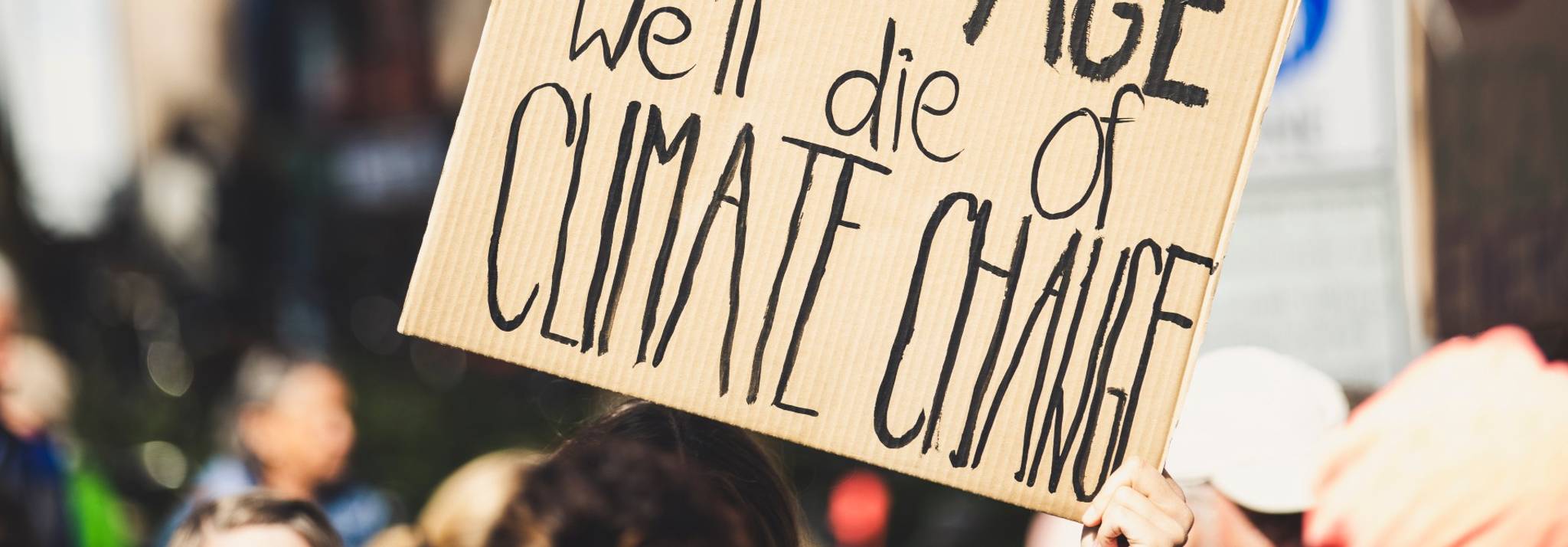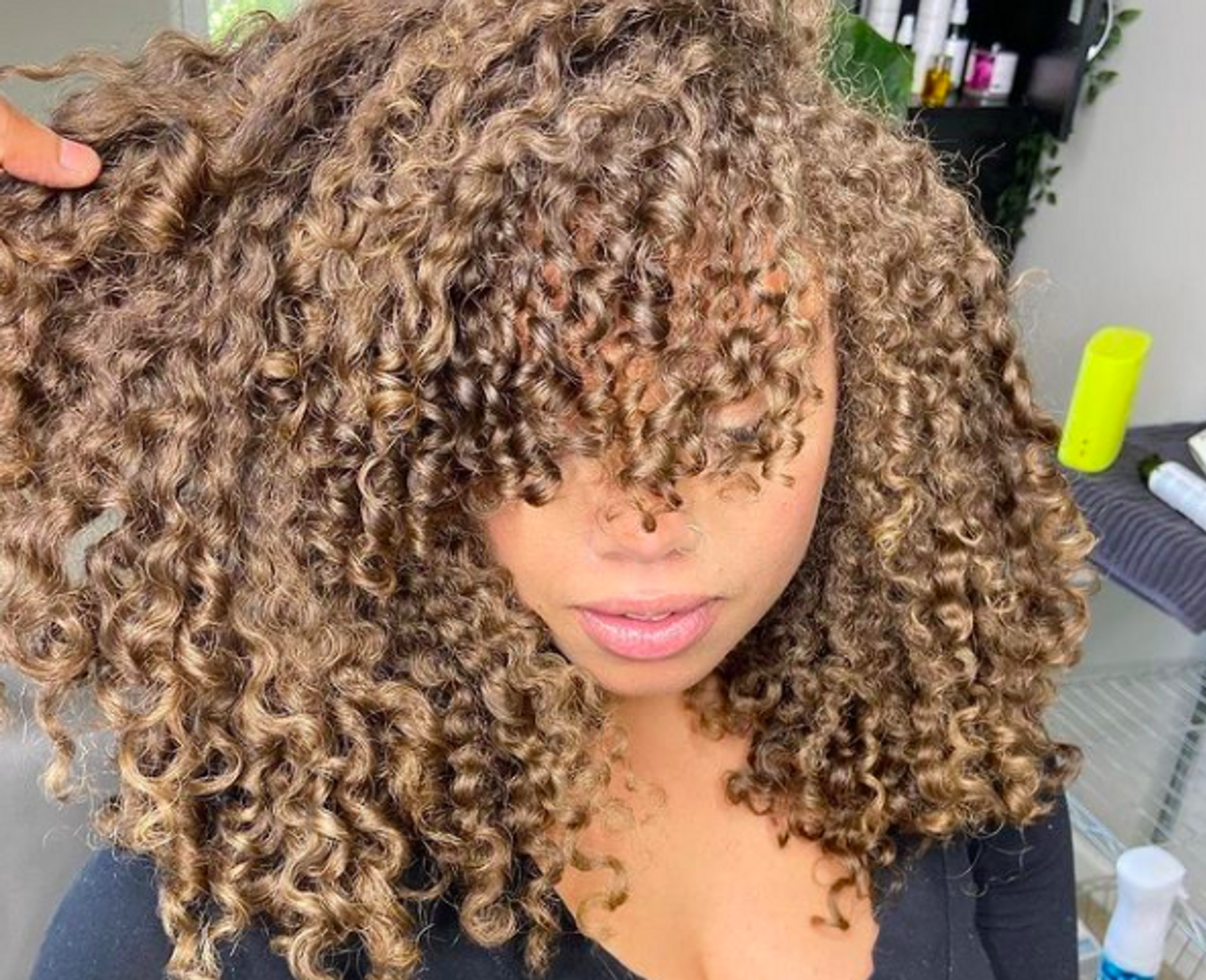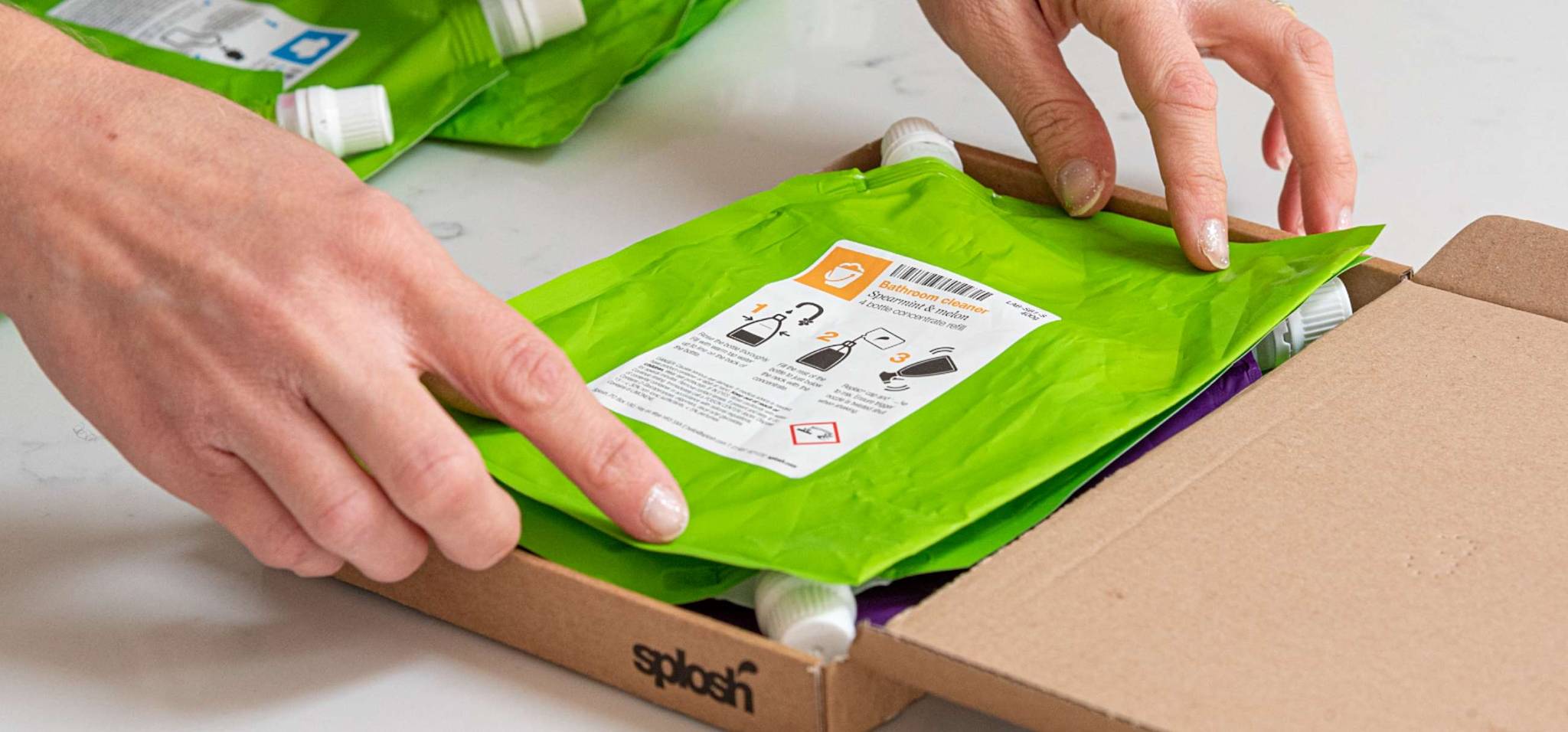
From vegan foundation to shampoo tablets that save water, there's no shortage of beauty products leaning into people's growing environmental awareness. Ace of Air aims to help them take their clean beauty routines to the next level with refillable packaging that they 'borrow' from the brand.We explore the insights behind this and how circular beauty is on the rise.
Beauty and wellness brand Ace of Air has launched with a strategy that aims to combat waste by adopting a circular approach. The brand sells a variety of skincare products including moisturizers, serums, and dietary supplements in reusable packaging. It lends the packaging to the customer, enabling them to use the products, return the packaging, and have it sanitized, refilled, and shipped back to them. The products range from $35 to $85 and the cost of renting the packaging is $2, and it's $3 for a box to ship the product back. In a bid to incentivize customers, Ace of Air rewards them with 'planet points' each time they return the packaging.
For beauty fans concerned about the environmental effects of consuming products, there are numerous ways to switch up their routines. Some people are swapping plastic shampoo bottles for waterless products that come packaged in aluminum tubes, while others are taking advantage of in-store refill services that are often reserved for perfumes. Research shows that 96% of people feel their own actions, such as donating, recycling, or buying ethically, can make a difference in the world. However, 88% believe that companies should be helping them make a difference. And given that there’s often an intention-action gap when it comes to sustainable behaviors – hence why Adidas’ Futurecraft.Loop scheme failed to catch on – brands would do well to entice people to use circular models through incentives and prizes.
Precious Osoba is a junior behavioural analyst at Canvas8. Fascinated by the hows and whys of people and culture, she has a background in social sciences and a degree in marketing. You can often find her in aesthetically pleasing restaurants writing articles for her Medium profile.



